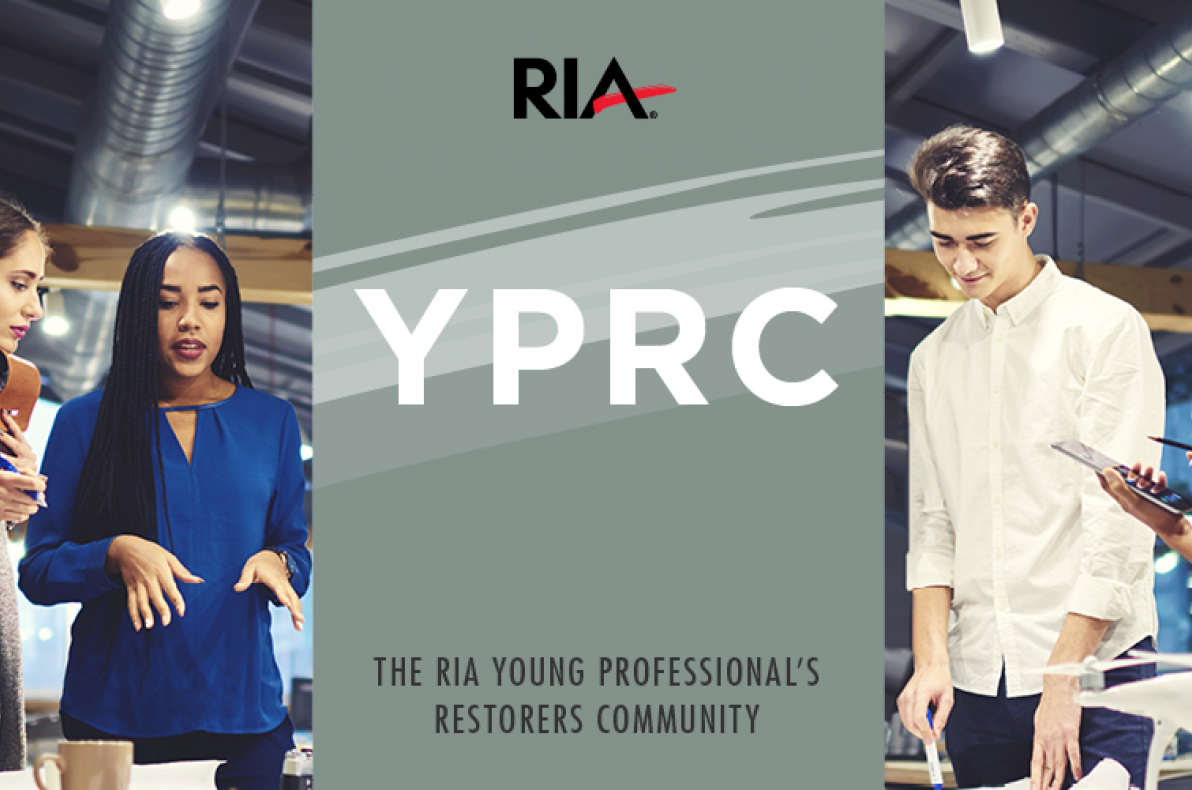Managing Relationships During a Transition of Leadership

This article is part of the Young Restorer's Column, which includes insights from industry professionals 35 and under who are part of RIA's Young Professional Restorer's Community (YPRC).
You just got a promotion to a management position in your organization, and not only will you be managing projects or specific tasks but you are also going to be managing people that were once your co-workers. At first, you think this will be fine, nothing will change, we're still friends on Facebook. It won’t be a big deal. Then, two weeks into the position you realize maybe it’s not the best idea for us to be friends on Facebook (I can’t believe they’re posting during work hours?!?), and on top of that, they’re treating me so different and the things that I thought were ok to get away with “back in the day” are no longer ok now that I’m responsible for their actions. You’re stressing because you don’t know how to handle approaching people who may be older than you or the same age because before, we were all the same and somehow now it feels different. How many times has this happened to you in your work life? If you’re saying never, well congratulations because you’re the first.
When I went from being a co-worker to the owner of the company I had all of these thoughts (and many more) with no way of understanding how to deal with them. Over time I learned, through trial and error, that the best way to approach this transition into leadership was transparency. I let everybody know that changes were going to happen and that I am going to mess up along the way of figuring this out but to trust in me that I was going to do the right thing. I made sure my colleagues knew that our relationship was going to change and that I wasn’t going to be going to be joining them at the brewery next door anymore — I had newfound responsibility.
I couldn’t expect people to understand just by telling me and I couldn’t expect them to accept this change unless I showed them what a true leader looked like. I spent (and am still spending) countless hours learning how to be a better leader from reading articles, discussing techniques with my business consultants or just figuring it out as I go with one of the most important tools in life: common sense. I learned that transparency needed to be coupled with cultivating a culture that empowered employees and provided a place that it didn’t matter that their leader was a young female who was once their co-worker. I allowed employees that didn’t see the value in change and who didn’t want a strong foundation to leave our organization. Removing this poison allowed others to see clearly how important a strong foundation and a good culture was.
Making a smooth transition of leadership wasn’t an overnight task, and I believe that due to my age it was really important for me to understand the wants and needs within different generations as well as people’s specific interaction styles. Hello, my name is Nicole Humber and I am a millennial expresser (phew I said it). Being a millennial expresser means I am impatient, I am constantly on the move and I wear my emotions on my sleeve. If you want a decision from me, the delivery has to be with good energy, the big picture plan and must appeal to my core principals. Just because I prefer to be approached like that doesn’t mean all millennials prefer that same method. I may have a millennial who is an analyzer and wants things delivered with attention to detail facts, with complete thorough information (opposite of an expresser). I believe that a big problem in generational transition in today’s world is the assumption that people should be categorized, approached and judged simply based on when they were born. A key to the successful transition in generational leadership is understanding everybody is different and should be treated as individuals, and a good leader (no matter their age) will acknowledge and adapt to those differentiators.
